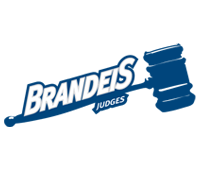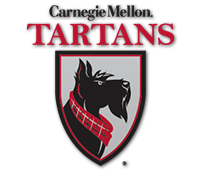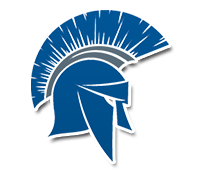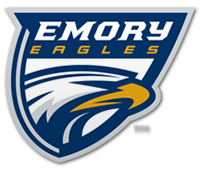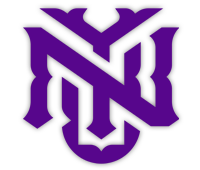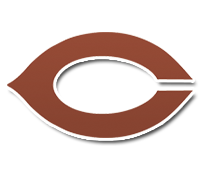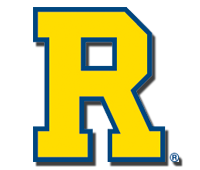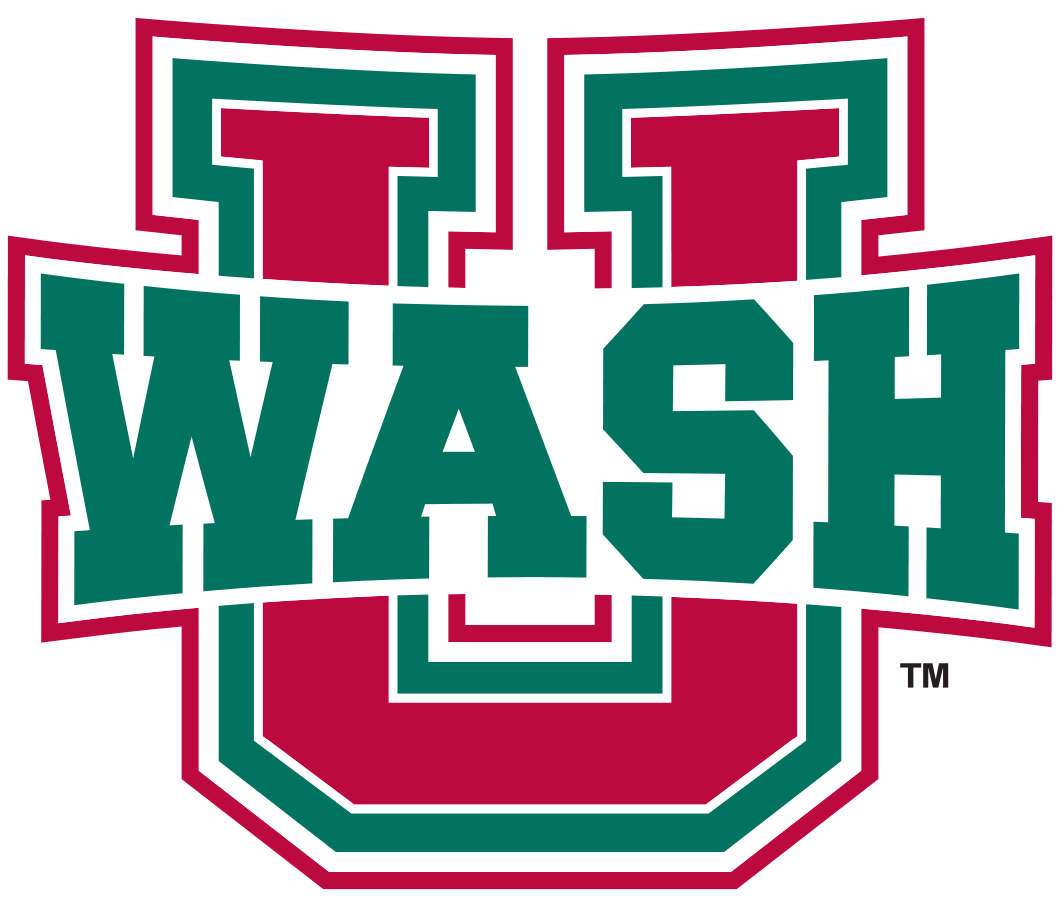
Leah Saunders is a senior anthropology major and volleyball player who was recently named to the Emory University 100 Senior Honorary. She is the reigning two-time UAA Volleyball Most Valuable Player and led the Eagles to the NCAA Division III title in 2018 and a runner-up finish in 2019. The 2020 season was canceled due to COVID-19. Saunders, a first team All-America selection in 2019, was recently a part of the NCAA Division III Student Immersion Program that brings 40 ethnic minority students to the NCAA Convention, albeit virtually this year.
The UAA “Conversations About Race and Racism” series seeks to lift the voices of people of color and recognize the challenges faced in both athletics and academics at the collegiate level. By sharing personal stories, we hope to elevate the conversation about race to raise awareness and bring about change.
Disproving Stereotypes
“For the majority of my academic and athletic journey, I was (and continue to be) one of the few BIPOCs (Black, Indigenous, and People of Color) in classrooms, lecture halls, and athletic competitions. Academically, there have been a few instances when a teacher has expressed shock at my intelligence and has commented that I am stronger in a subject area than they expected,” Saunders recounted. “Many of those same teachers and my classmates from high school were surprised I got into Emory and to this day, many still ask me to remind them where I attend as if they still can’t believe I was accepted into such a good school.”
Facing assumptions of athletic prowess because she is Black, Saunders decided to pursue a predominantly white sport. “Many of my teachers and peers assumed I would be inherently good at sports because I am Black and was usually playing (basketball and volleyball) against teams that were majority white. In my junior year of high school, I decided to pursue a collegiate career in volleyball. I was met with a lot of doubt from coaches suggesting I would not be able to get into a good enough program,” she described. “They suggested I would struggle fitting into the volleyball culture and that I was more “suited” for basketball and its demographics.”
Emory turned out to be the perfect fit for her. “I was eager to disprove the narrative and find a program that was willing to invest in my development as a student and an athlete. It also gave me a sense of security and comfort that there were other women of color within the program. Having that community has undoubtedly contributed to the positive and formative experience I have had here,” she communicated.
READ LEAH'S FULL STORY:


